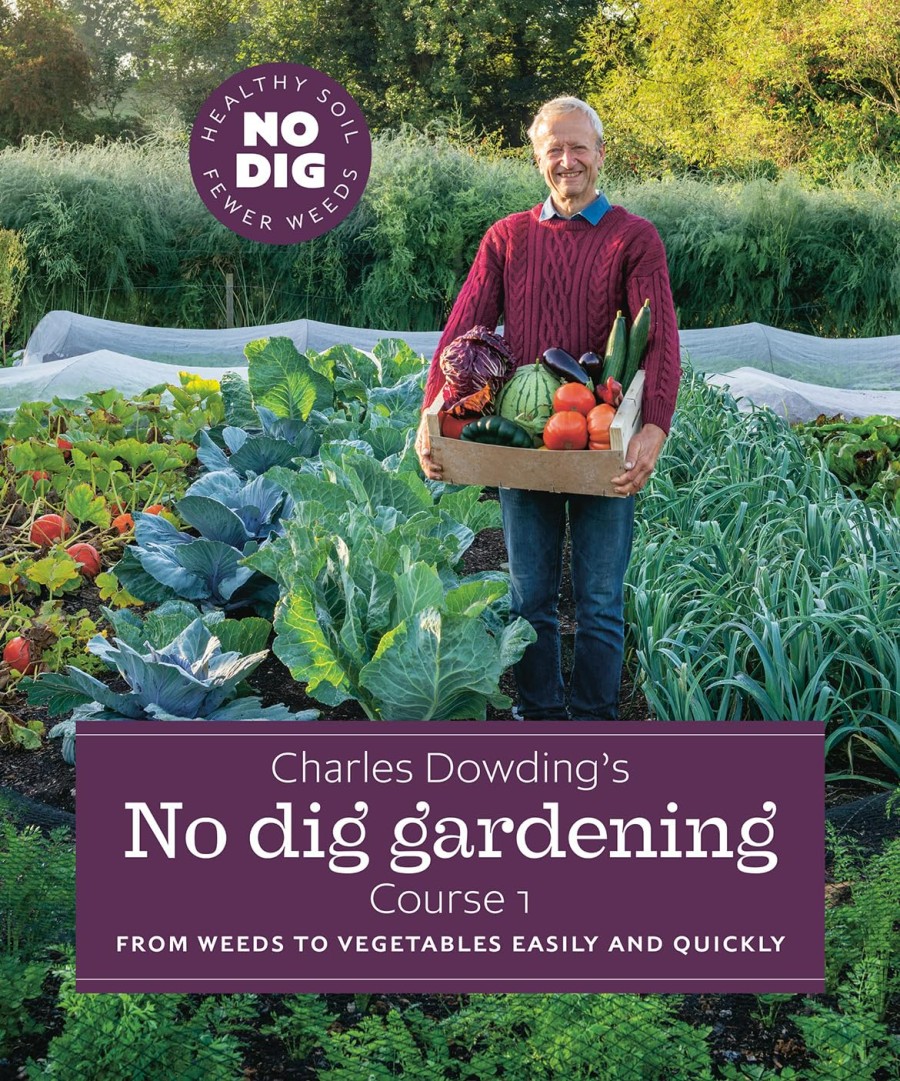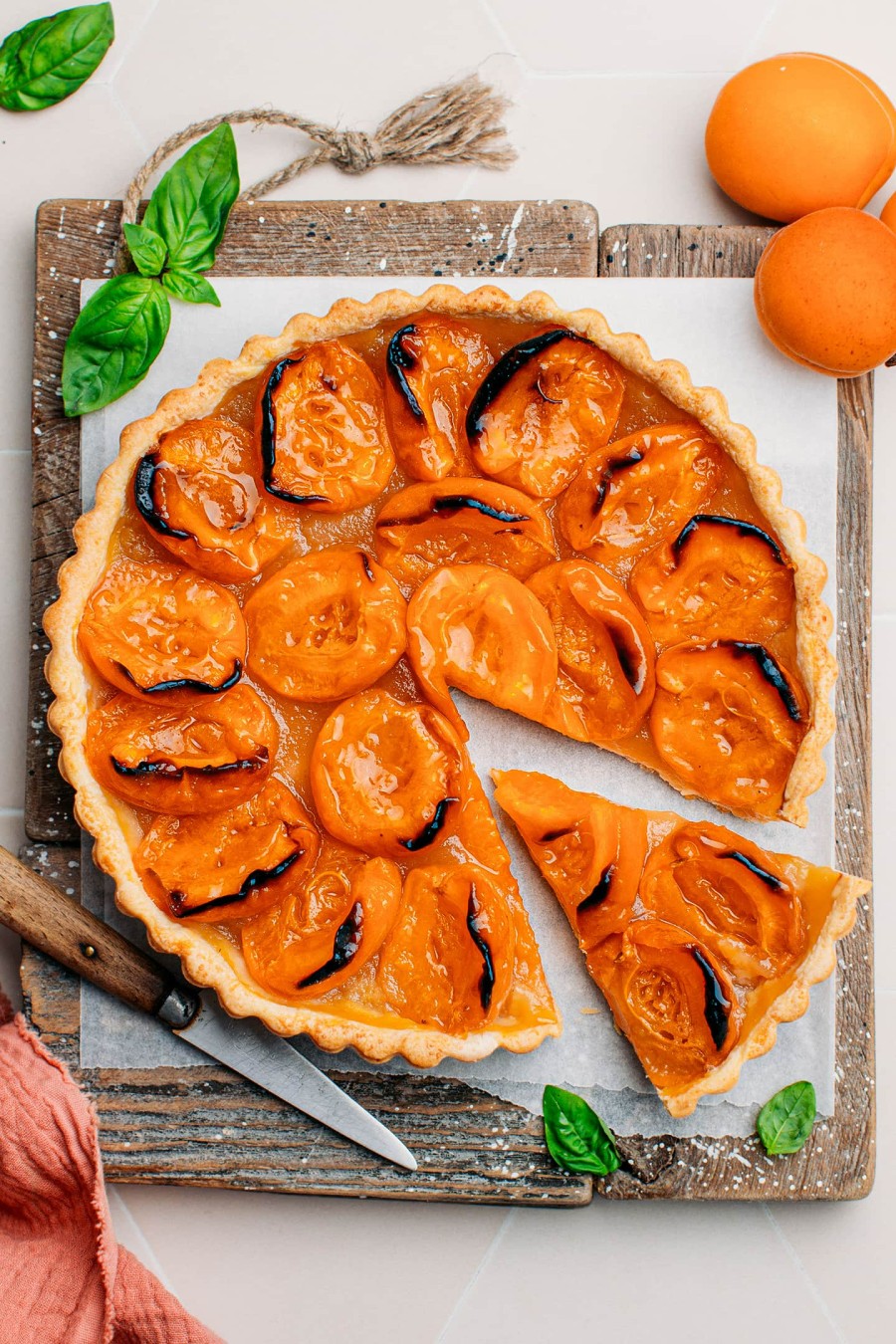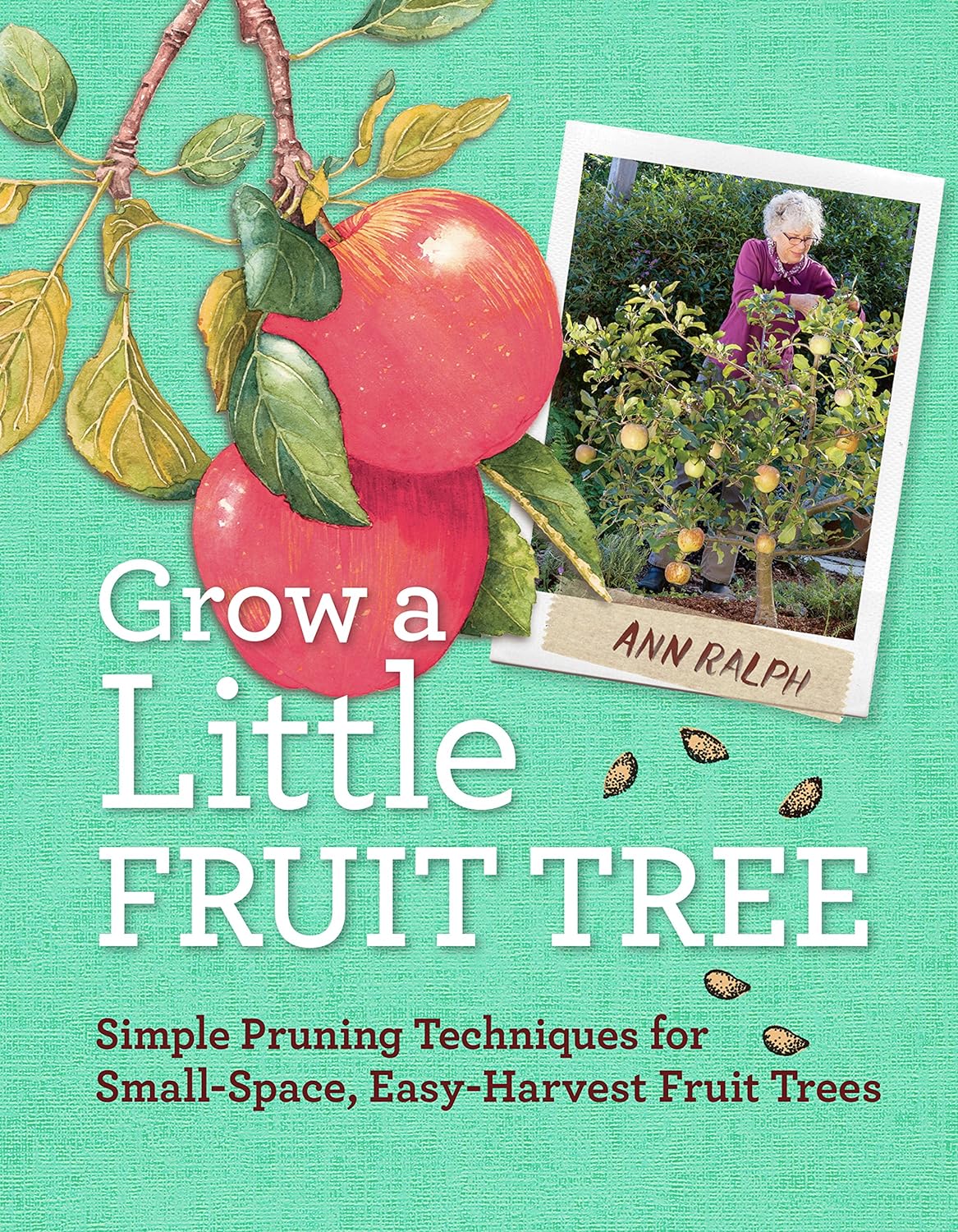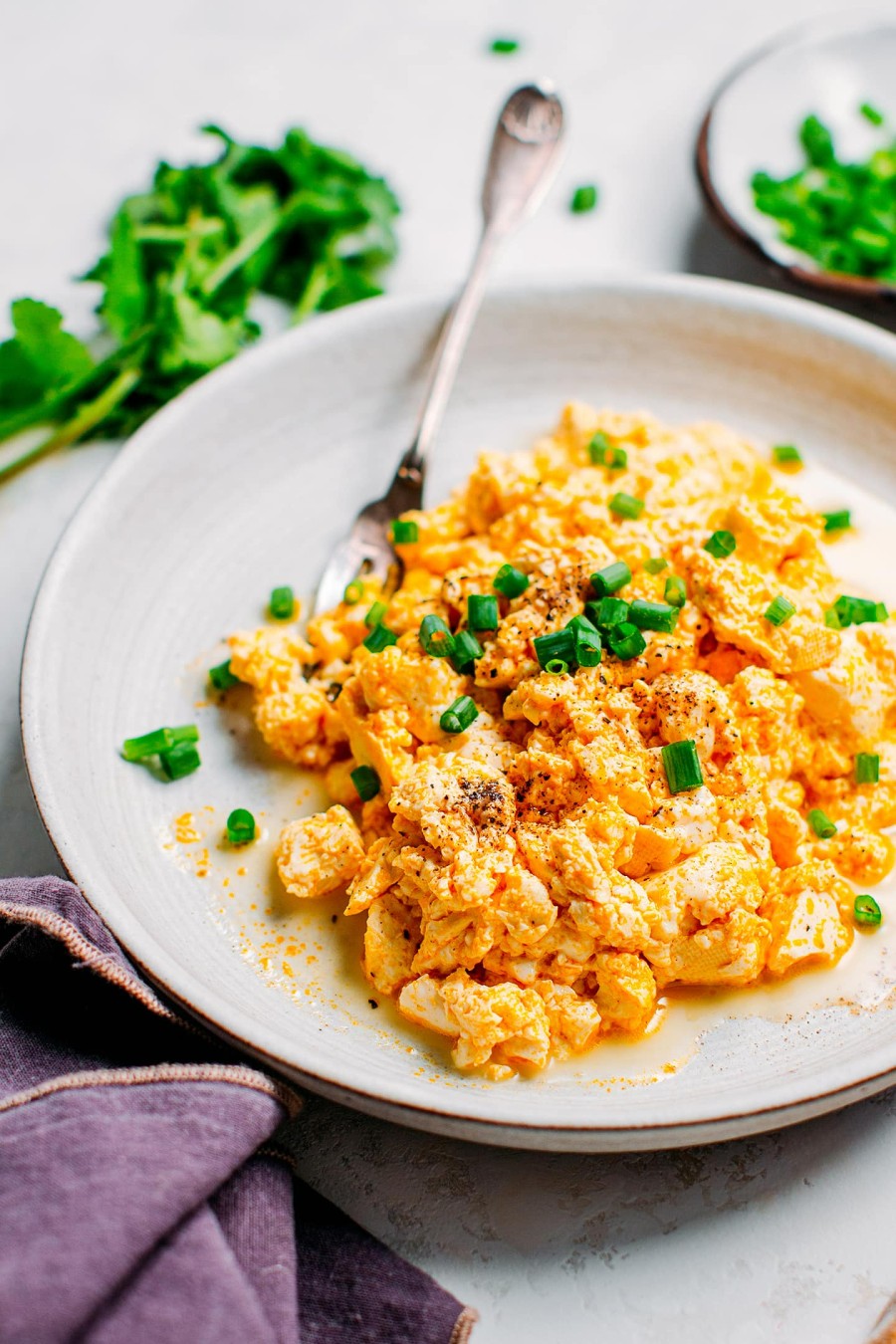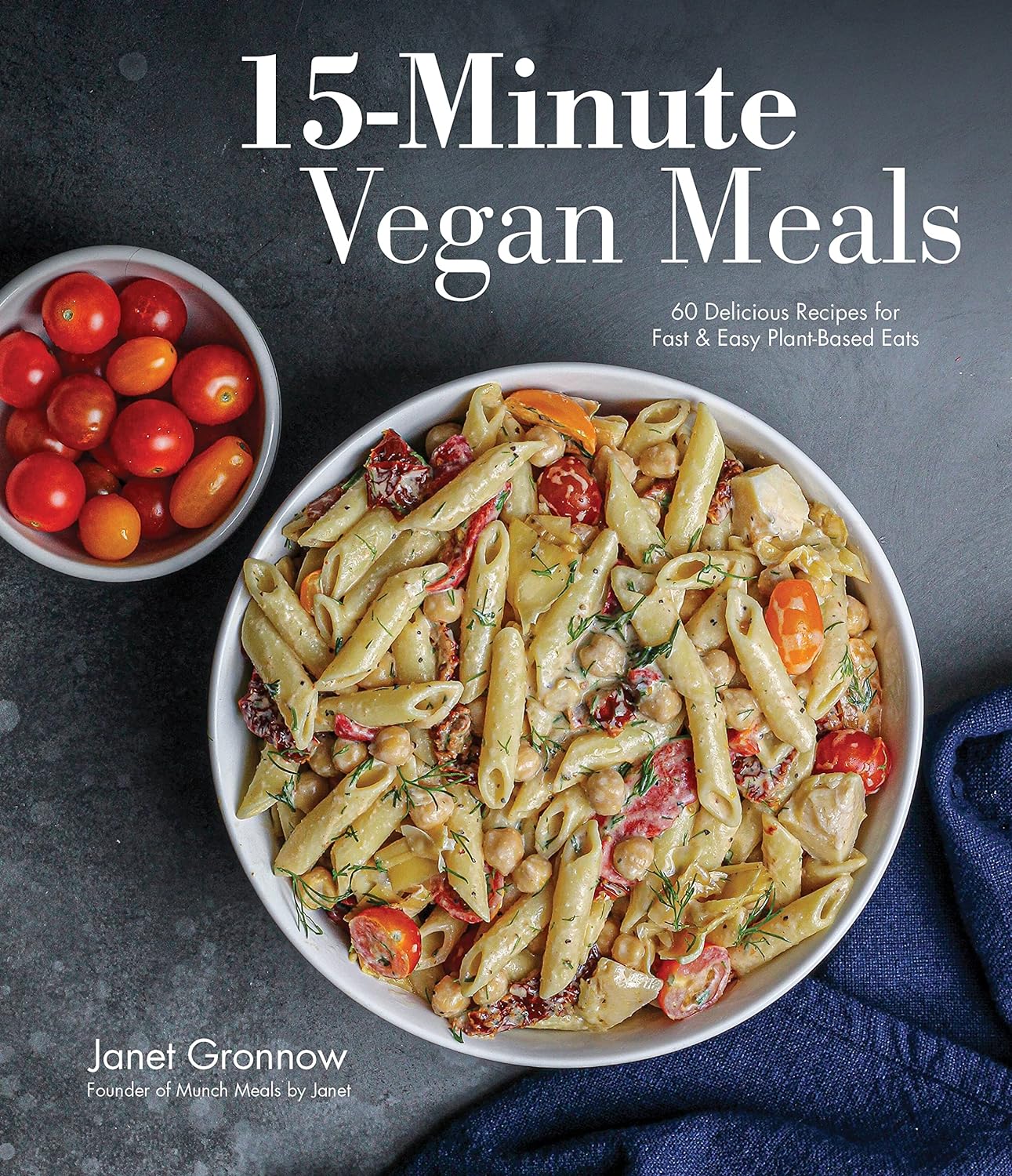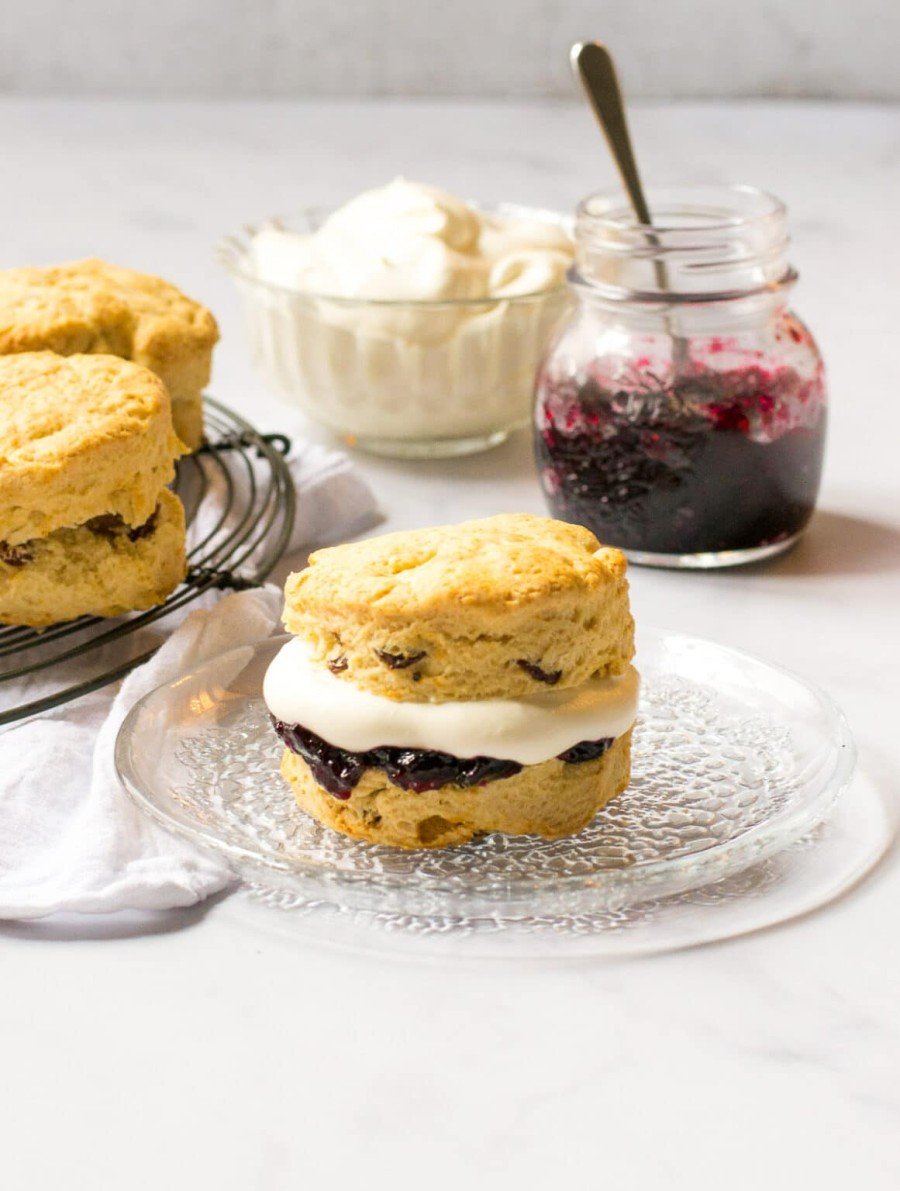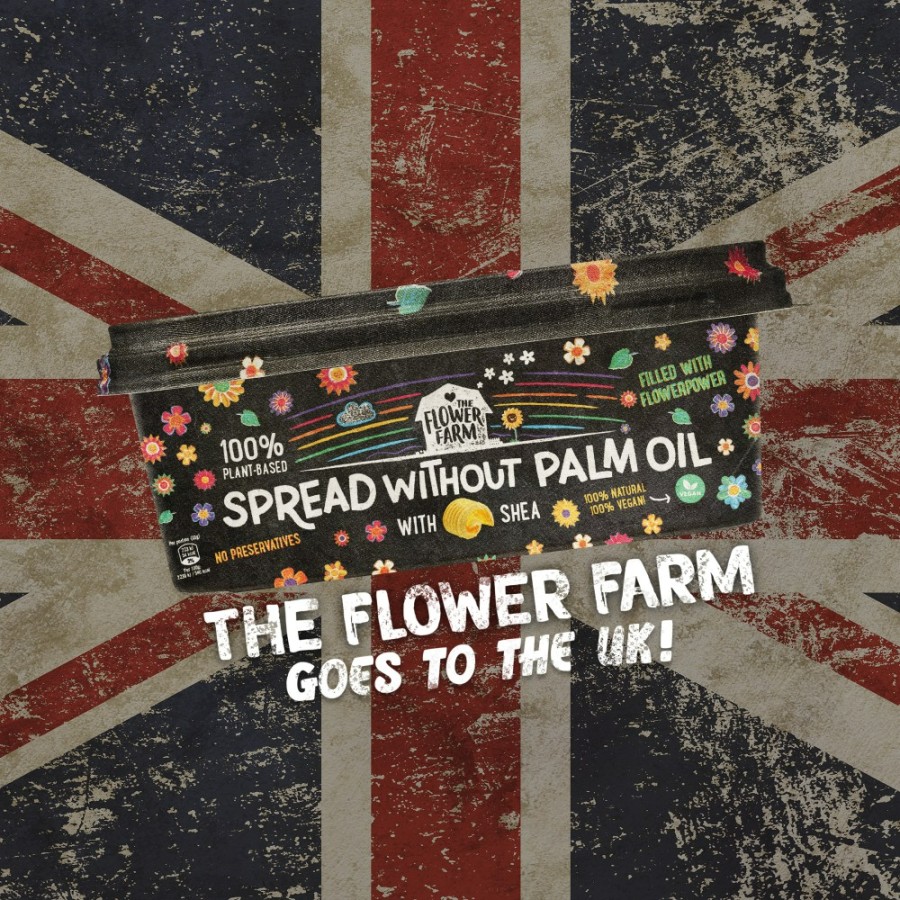
The Flower Farm is a Dutch brand sold in many European supermarkets including in England. This ambitious company has already sold over 26 million products, which would otherwise have needed 2.791.045 square metres of palm oil plantations to produce. Marcel van Wing (what a fab name!) is an entrepreneur, who went from advertising to launching a brand to help rid our food industry of palm oil. He states that for a family of four, simply changing your margarine can remove over 17 kilos of palm oil demand each year.
Keep this butter away from pets (due to fat and salt) and never give buttered leftovers (like sandwiches) to garden birds or wildfowl, as fat smears on feathers (affecting waterproofing & insulation – never give crusty or mouldy bread either). You can’t recycle greasy paper (same for pizza boxes.
Most people are aware that the palm oil industry is responsible for destroying habitats of orangutans and other endangered creatures. Greenpeace says the term ‘sustainable palm oil’ is just a self-policed term with no legal backbone. They say the phrase is ‘as useful as a chocolate teapot’. Palm oil is used (over local rapeseed oil that supports our farmers) because it’s cheap. It also travels thousands of miles (and saturated fat is bad for our hearts).
This company makes its margarine (plus a light, block and liquid version) with shea butter, which grows wild on the African savannah where it produces plum-like fruits that fall off the trees naturally and are then harvested by hand. The company does not use coconut oil due to higher fats, and also issues with ‘slave monkeys’ sometimes being used to harvest the coconuts. In the Netherlands, it now has a version for children with extra calcium, not yet on sale in England.
85% of palm oil is not sustainable. RSPO (Roundtable on Sustainable Palm Oil) has been heavily criticised about whether their palm oil is genuinely deforestation-free. Moreover, RSPO is not mentioned on the packaging of a product in the supermarket. As a consumer, you don’t know if you’ve bought palm oil for which deforestation has (or quite possiblly has not) occured. This makes it impossible for anyone to make a responsible, sustainable choice. Marcel van Wing
Marcel (who spent 4 years living in Indonesia) has had fierce opposition from the palm oil industry. He writes that the lobbying industry is powerful. He says ‘A ton of palm oil costs about $500, a ton of shea butter about $4200, which we correct by accepting lower margins’ – it is a fight between David and Goliath. But who won again in that Bible story?
Marcel believes orangutans (our closest relatives) are like ‘greed-free versions of humans’. Despite the boyish charm of this ‘Dutch version of Dale Vince’ with his long hair and sneakers, don’t be fooled: he’s a savvy businessman determined to preserve the Indonesian rainforests.
Flora spreads are all vegan with no palm oil
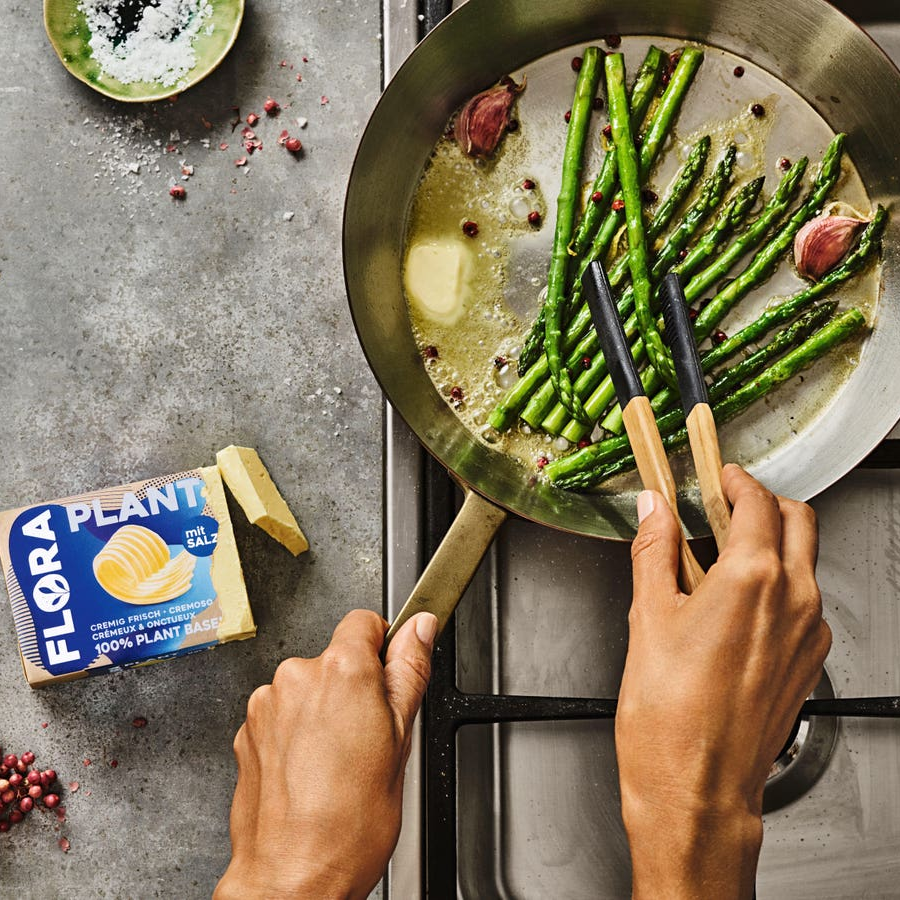
Flora Plant B+tter is made from sunflower, rapeseed and coconut oil, it’s in paper packaging (you still have to bin it, as council’s won’t recycle greasy paper). In unsalted, salted and spreadable versions. All Flora spreads (even the butter’ ones) are now vegan and free from palm oil. There is no information on its coconut oil sourcing (most brands no longer use companies that use monkey slaves). But assuming this is okay, the maker Upfield to make all its brands vegan by 2025 (this includes ‘I Can’t Believe It’s Not Butter’). It did once remove dairy and put it back again (due to a consumer petition) but appears to have changed its mind for good now, so here’s hoping.
a best-selling vegan butter from Denmark
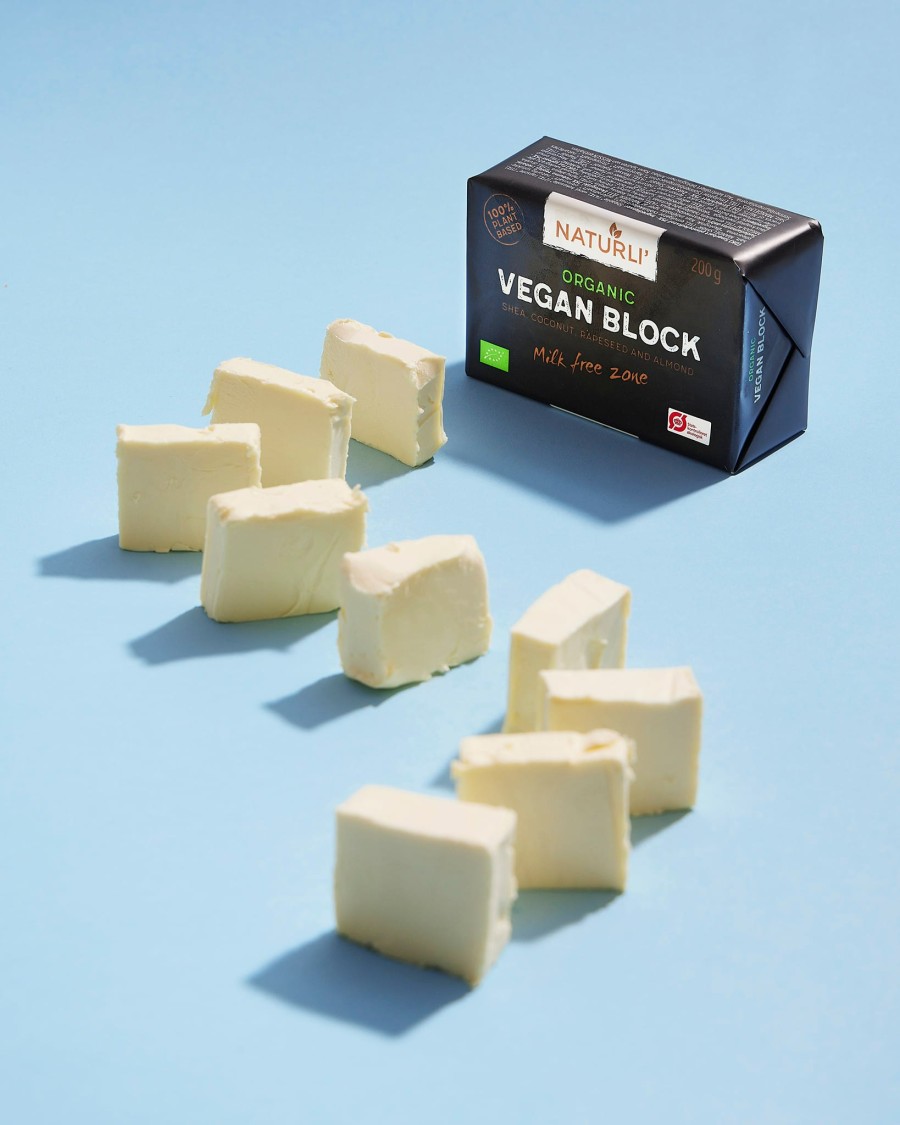
Naturli (also in block form for baking) is one of the best-selling vegan butters in England, as it’s widely sold in supermarkets. Made with rapeseed, coconut, shea and almond, this really does taste just like butter. Coloured with carrot juic, it’s also organic. Ideal on bread or pasta, or use it for frying and baking. This company does not use monkey slaves to harvest its coconuts.
a gourmet butter (made from cashew nuts)
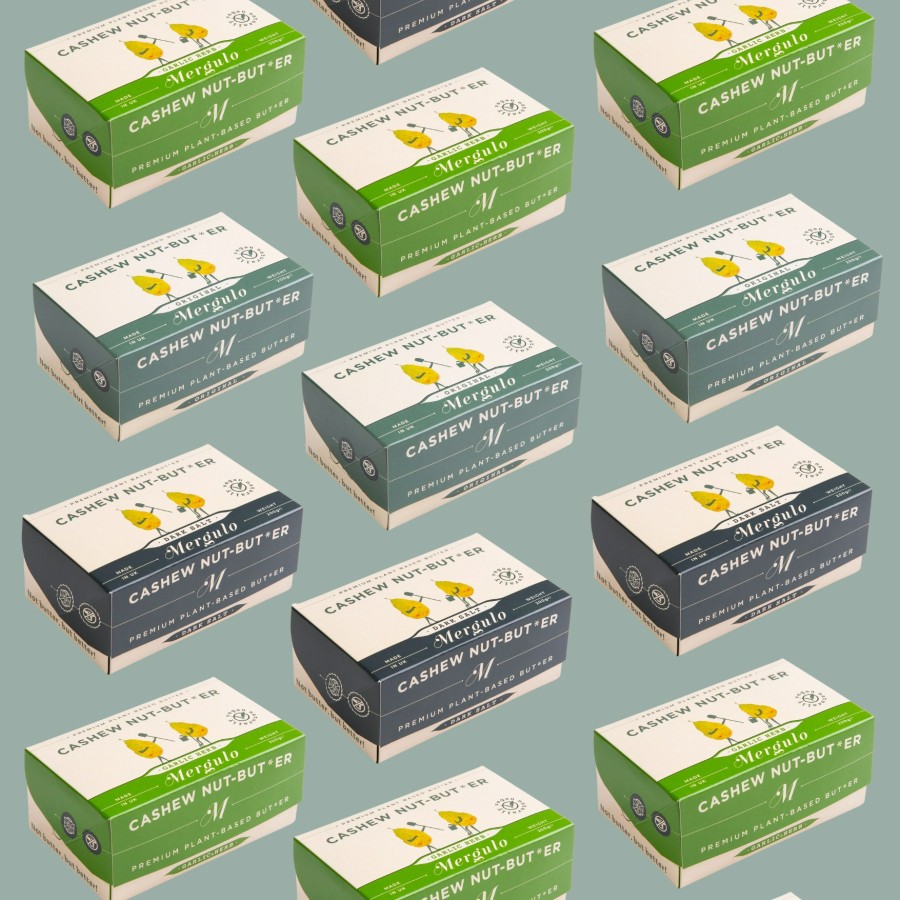
Mergulo is a premium vegan butter adored by chefs, made with cashew nuts for a rich saltiness. Sold in plastic-free packaging, this has won a Great Taste award. Naturally buttery-tasting cashews nuts are ground and blended with coconut oil, to produce a texture that rivals traditional dairy butter. The company was founded by a trained chef, who wished to produce a gourmet vegan butter made with natural ingredients. It’s sold in many shops nationwide and online.
a cashew & rapeseed oil butter (with turmeric)
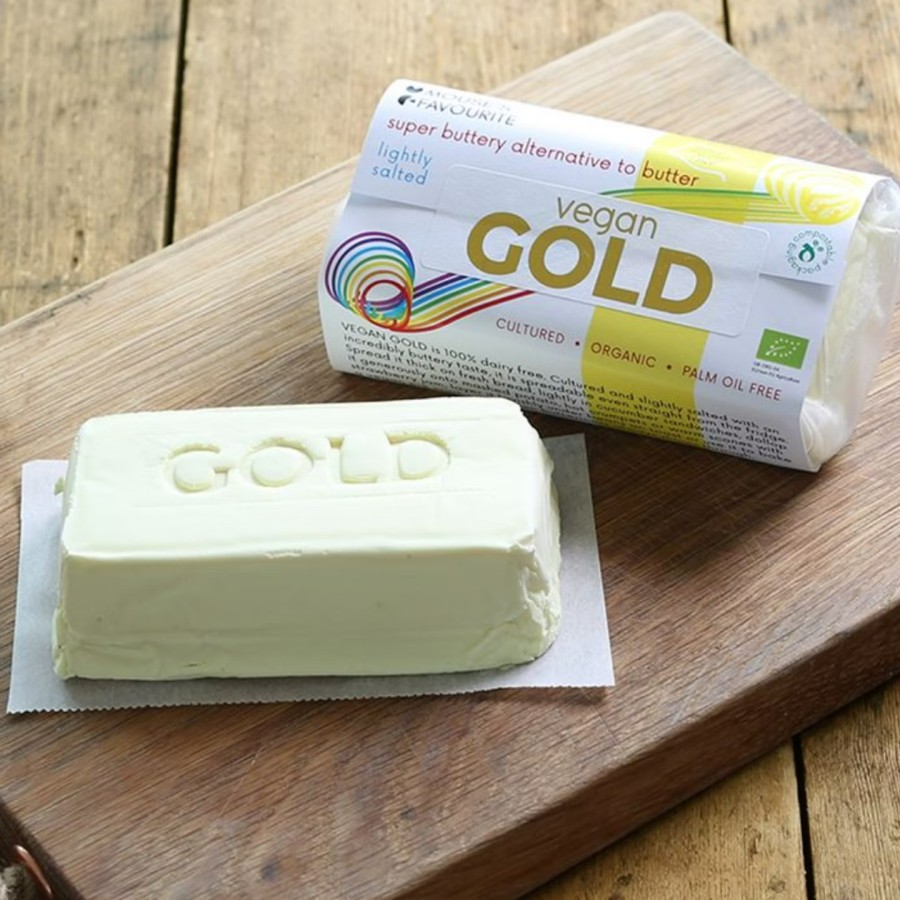
Mouse’s Favourite (in compostable packaging) is made with cashews and rapeseed oil, flavoured with salt and made yellow with turmeric (an Indian spice). Created by a woman who grew up in Jersey (so knows how to make things taste creamy like yoghurt and cheese), this is spreadable from the fridge, and freezes well too (defrost for an hour in the fridge before eating). It’s ideal spread thick on fresh bread with cucumber slices, or dolloped onto hot baked potatoes, or used in mashed potato or on crumpets. Or nice with beans on toast. You can even create ‘butter curls’ like it’s 1973!
a recipe for plant-based cultured ‘butter’
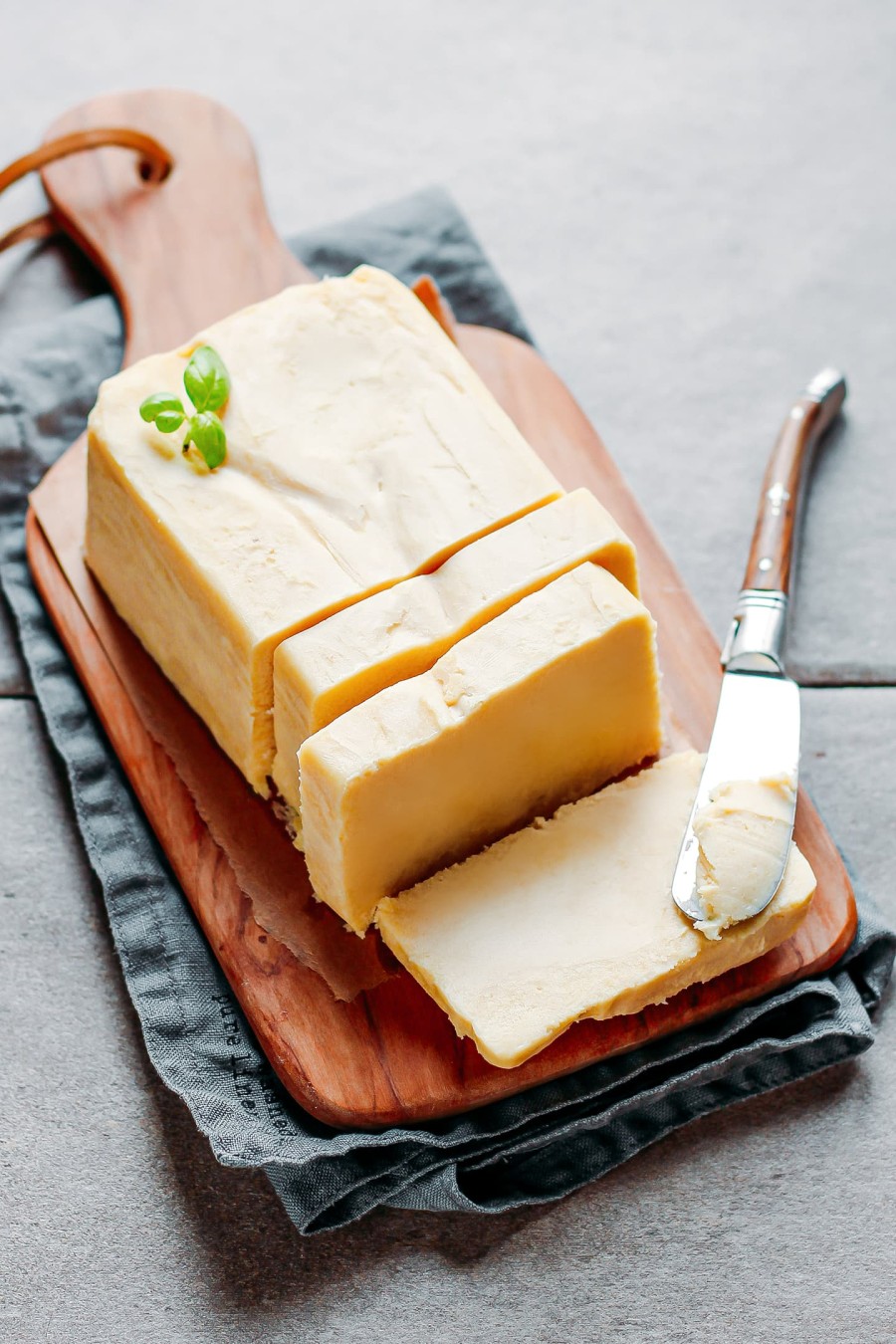
This recipe for plant-based cultured butter (Full of Plants) is not a simple recipe. Made with lecithin, add carrot juice for colour. Find other good recipes at The Happy Pear (uses the Japanese condiment miso for umami flavour – avoid unpasteurised for pregnancy) and So Vegan (also try their garlic herb butter recipe).
a gourmet ‘oat butter’ from the USA
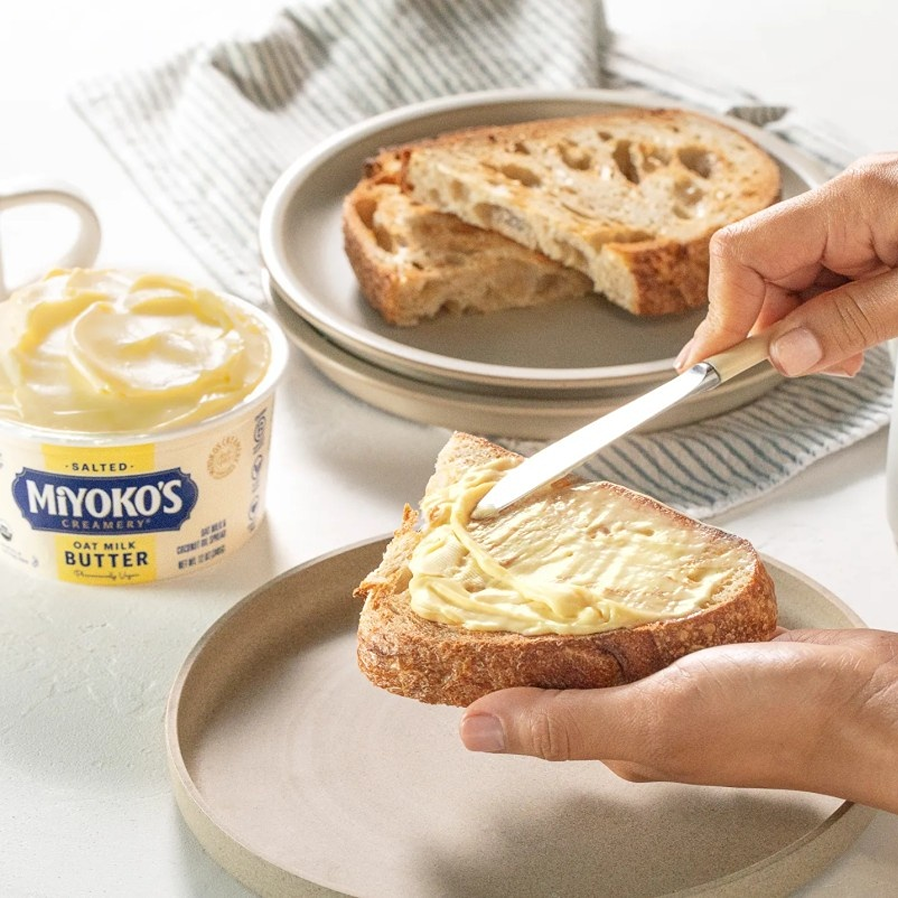
Here’s a good inspirational brand from over the pond. Miyoko’s Creamery makes oat-milk butter. This is a great idea, as oats are locally-grown and we could use transfarmation projects in England, for farmers to transition failing livestock farms over to a more profitable way of keeping family farms, allowing animal friends to live out their lives in peace. The farmers are given seeds and training and support, it’s a win-win-win situation all round.
why don’t vegans eat butter or dairy?
Compassion in World Farming (a fantastic charity that has created huge change) was actually set up by a concerned dairy farmer. It says that intensive dairy farms (which produce nearly all milk used in commercial foods) spend most times indoors and suffer stress from over-milking and early separation from their calves (males are sometimes shot after birth due to not being of financial value, or exported for veal, housed in tiny crates until slaughter). If you drink milk or eat dairy products, they recommend to buy free-range.

